Society The Basics 14th Edition Macionis – Test Bank
Chapter 5
In this revision of the test bank, I have updated all of the questions to reflect changes in Society: The Basics, 14th edition. In this revision, the questions are tagged according to six levels of learning that move from lower-level to higher-level cognitive reasoning. The six levels are:
REMEMBER: a question involving recall of key terms or factual material
UNDERSTAND: a question testing comprehension of more complex ideas
APPLY: a question applying sociological knowledge to some new situation
ANALYZE: a question requiring identifying elements of an argument and their interrelationship
The 118 questions in this chapter’s test bank are divided into four types of questions. True/False questions are the least demanding. As the table below shows, all of these questions fall within the three lowest levels of cognitive reasoning (“Remember,” “Understand,” and “Apply”). Multiple-choice questions also fall within the lowest levels of cognitive reasoning. Short answer questions also span a broader range of skills (from “Understand” to “Evaluate”). Finally, essay questions are the most demanding, falling within the four highest levels of cognitive reasoning (“Apply,” “Analyze,” “Evaluate,” and “Create”).
Types of Questions
East to Difficult Level of Difficulty
|
True/False |
Mult Choice |
Short Answer |
Essay |
Total Qs |
|
|
Remember |
28 (74%) |
44 (68%) |
0 |
0 |
72 |
|
Understand |
8 (21%) |
8 (12%) |
3 (43%) |
0 |
19 |
|
Apply |
2 (5%) |
13 (20%) |
1 (14%) |
1 (12.5%) |
17 |
|
Analyze |
0 |
0 |
3 (43%) |
7 (87.5%) |
10 |
|
38 |
65 |
7 |
8 |
118 |
CHAPTER 5: GROUPS AND ORGANIZATIONS
TRUE/FALSE QUESTIONS
TB_Q5.1.1
People riding together on a subway are correctly called a social group.
Answer: False
Learning Objective: LO 5.1: Explain the importance of various types of groups to social life
Topic: Social Groups
Difficulty Level: Easy
Skill Level: Apply What You Know
TB_Q5.1.2
In addition to keeping their individuality, members of a social group also think of themselves as a special “we.”
Answer: True
Learning Objective: LO 5.1: Explain the importance of various types of groups to social life
Topic: Social Groups
Difficulty Level: Easy
Skill Level: Remember the Facts
TB_Q5.1.3
The sociologist who explored the primary group was Charles Horton Cooley.
Answer: True
Learning Objective: LO 5.1: Explain the importance of various types of groups to social life
Topic: Social Groups
Difficulty Level: Easy
Skill Level: Remember the Facts
TB_Q5.1.4
The boundary that distinguishes members from nonmembers is clearer in secondary groups than in primary groups.
Answer: False
Learning Objective: LO 5.1: Explain the importance of various types of groups to social life
Topic: Social Groups
Difficulty Level: Easy
Skill Level: Understand the Concepts
TB_Q5.1.5
Generally, people in secondary relationships think of others as being a means to some end.
Answer: True
Learning Objective: LO 5.1: Explain the importance of various types of groups to social life
Topic: Social Groups
Difficulty Level: Easy
Skill Level: Remember the Facts

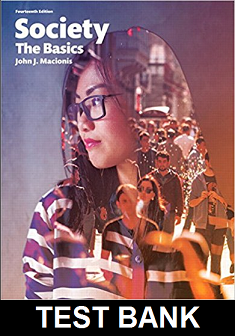

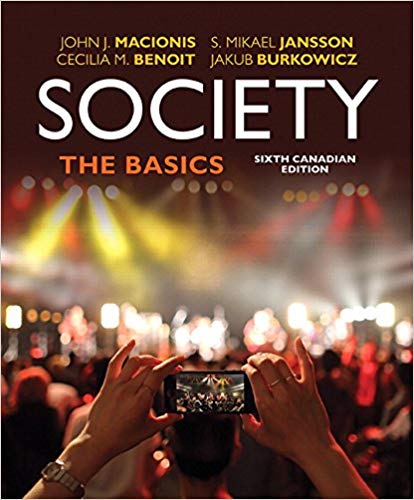



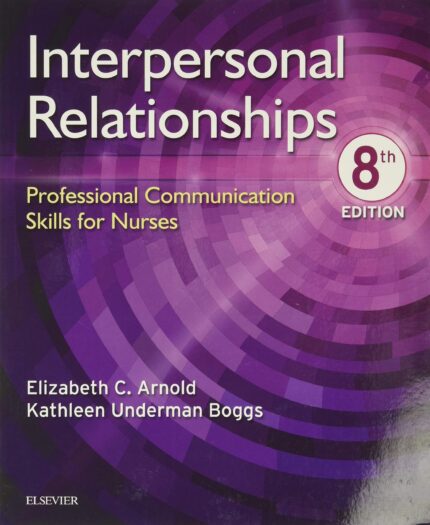
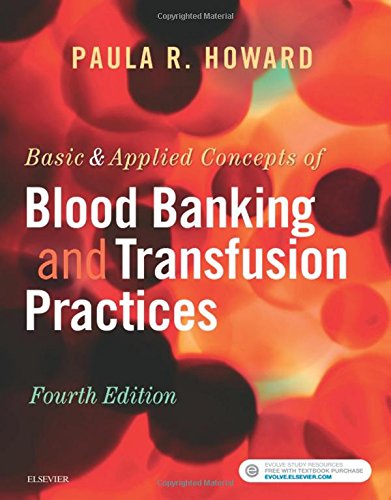




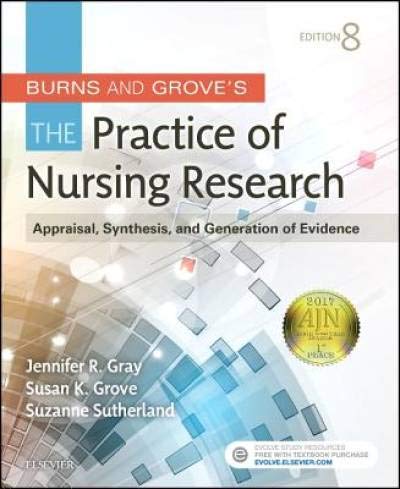
Reviews
There are no reviews yet.